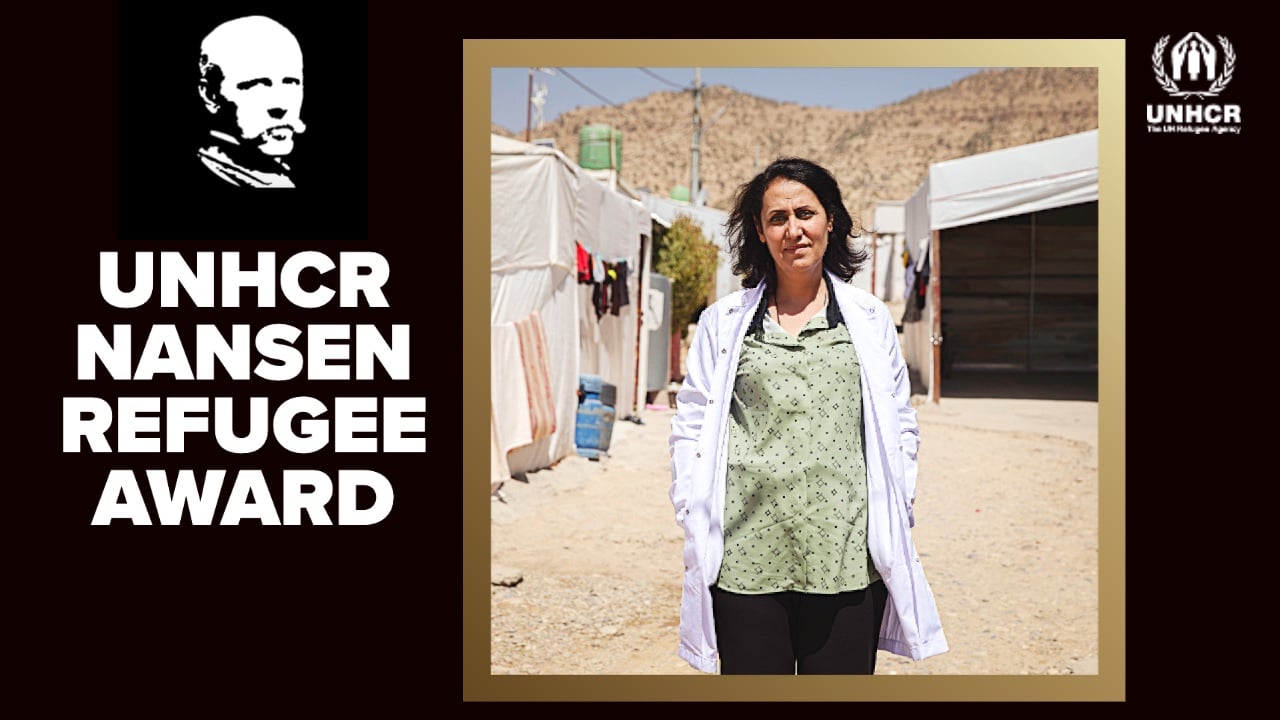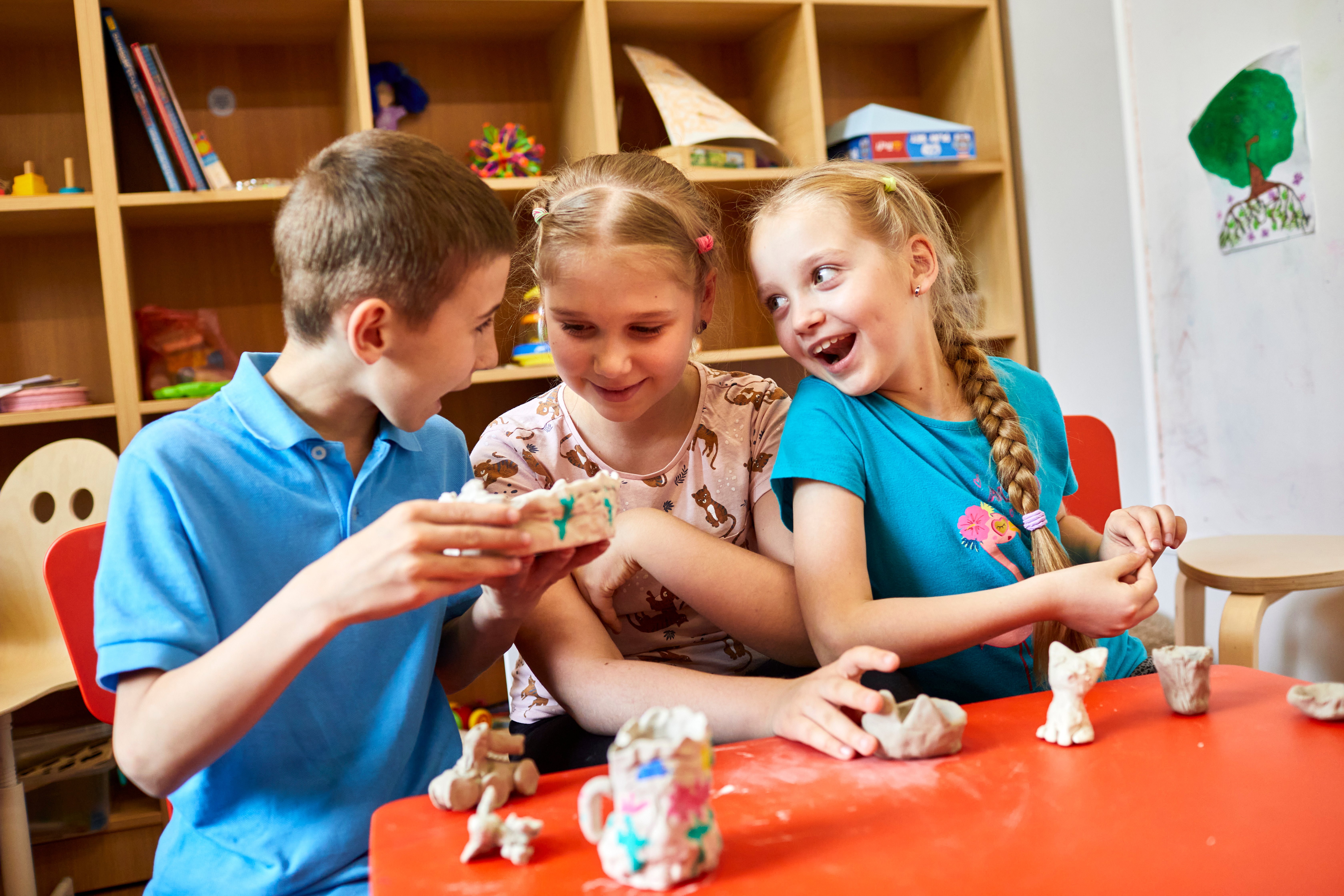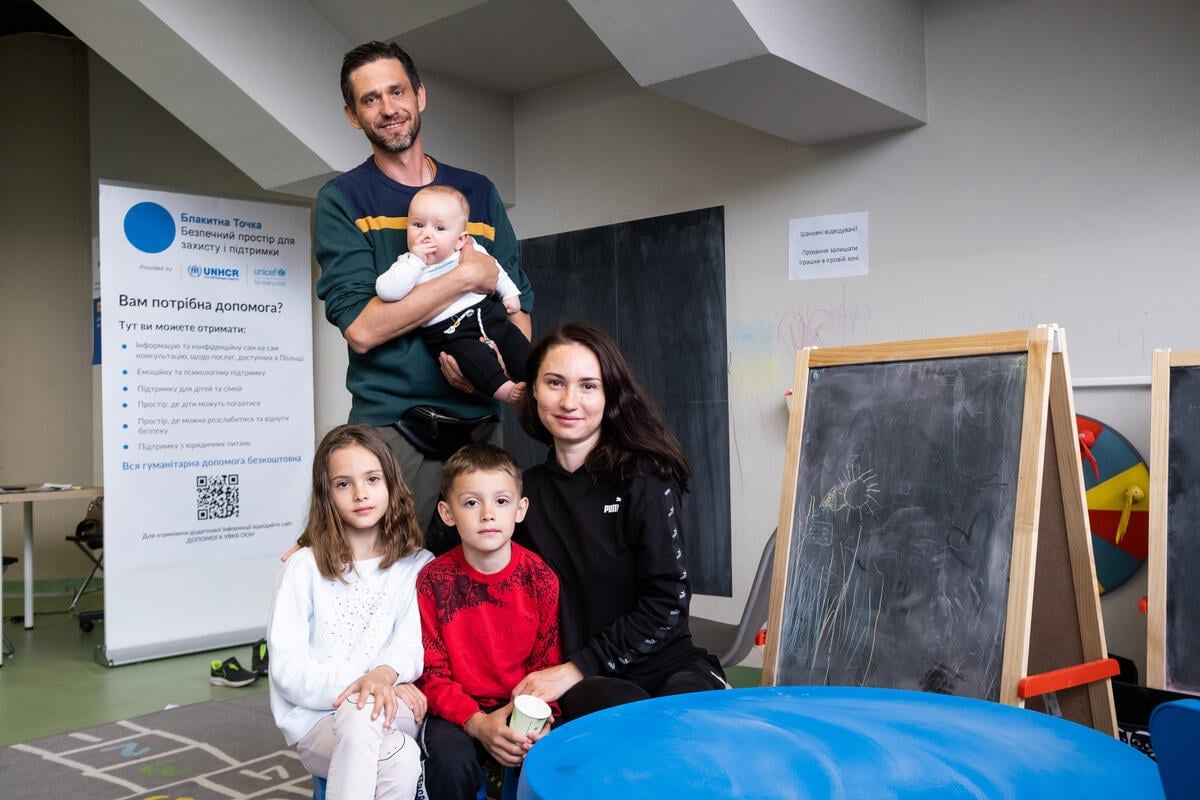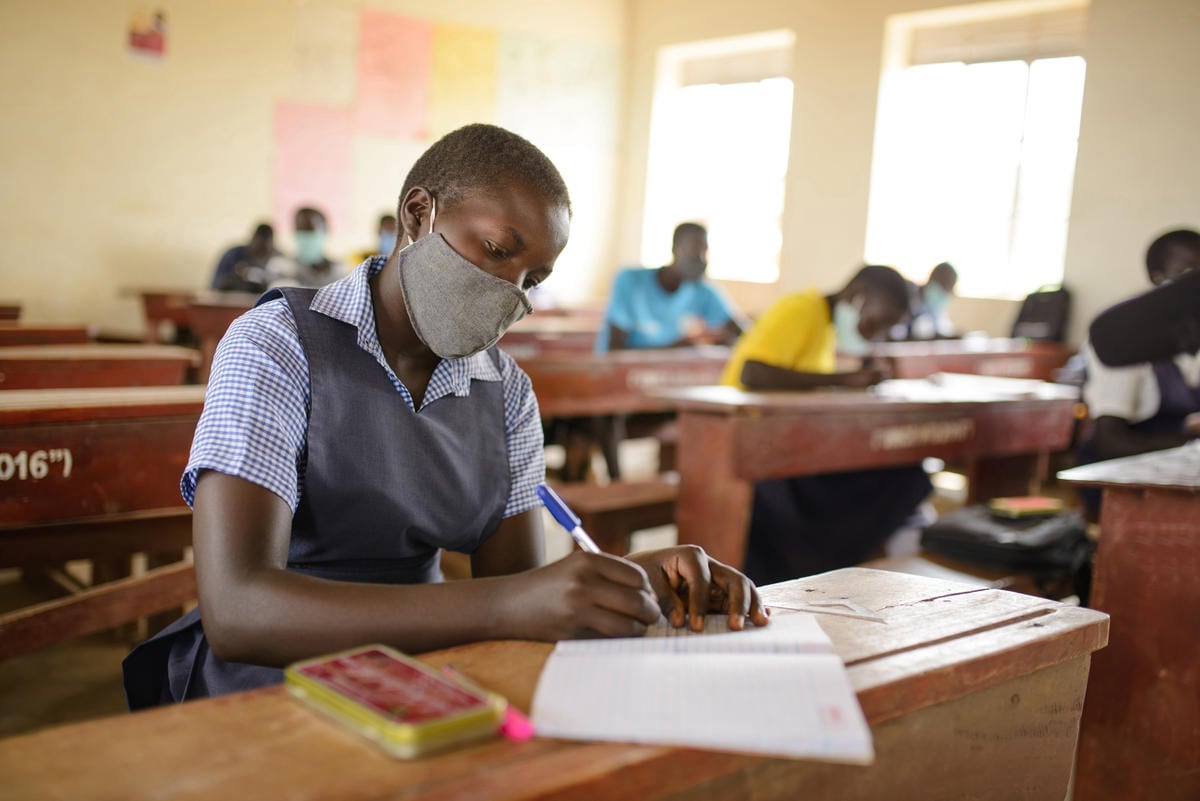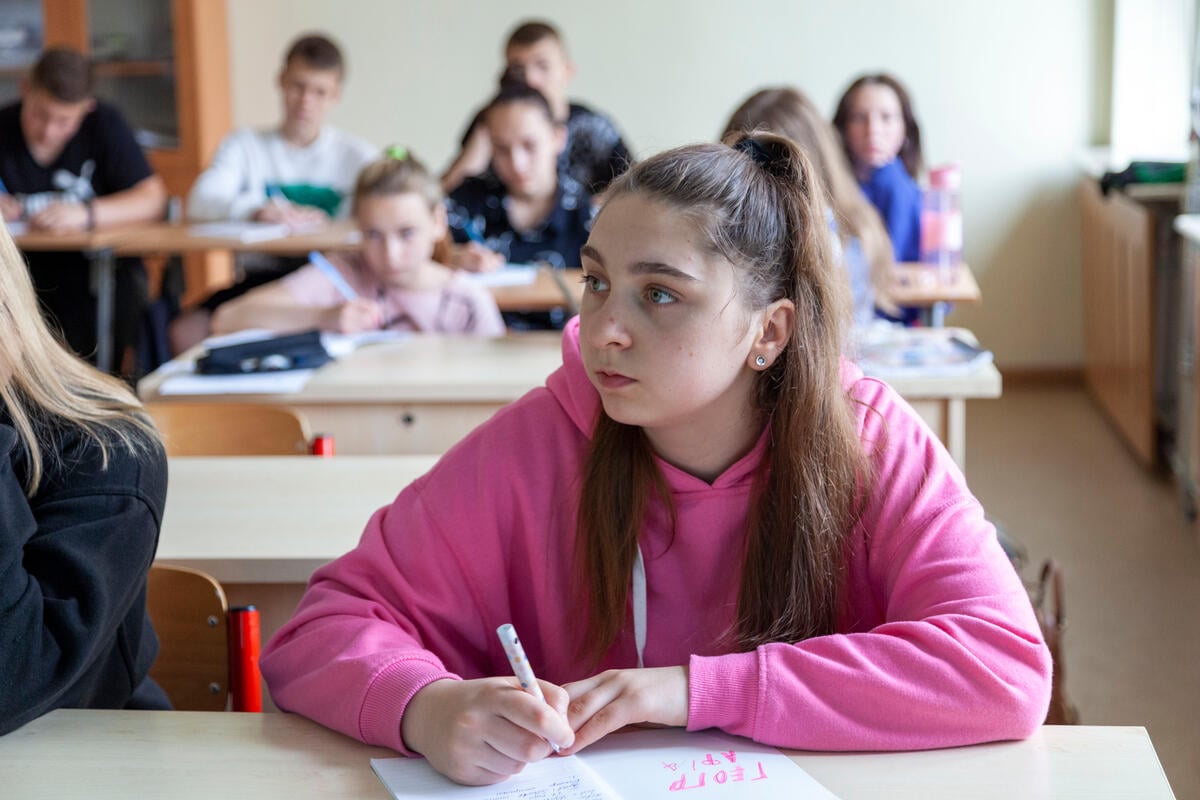UNHCR calls for seriously ill Palestinian children in Iraq to be medevaced
UNHCR calls for seriously ill Palestinian children in Iraq to be medevaced

GENEVA, June 29 (UNHCR) - The UN refugee agency on Friday issued an urgent plea for the immediate evacuation of at least a dozen seriously ill Palestinians - mostly young children - stuck in Baghdad or in a makeshift camp on the Iraqi side of the desert border with Syria.
"Without evacuation and life-saving medical help, they could die or suffer lifelong complications," UNHCR spokesman Ron Redmond told reporters in Geneva. "We currently have 12 cases in urgent need of medical evacuation, the youngest just 15 months old," he added.
Last week a UNHCR team travelled to the isolated Al Waleed camp near the border with Syria and found that several young people among the 1,071 displaced Palestinians there were in serious need of specialized medical treatment.
They included a youth with a hole in his heart, two children with Hodgkin's disease, one youth about to lose his leg because of a vascular disease and a young man with severe diabetes who is losing his sight. But Redmond said there were more cases in need of urgent attention.
"We have also identified a two-year-old with cerebral palsy who has very low immunity, is in urgent need of physical therapy and has stopped eating. Another child, a 13-year-old girl suffering from a spinal injury, will be permanently paralyzed from the neck down unless she gets treatment soon," he said adding that the girl's mother died a few years ago, her father was murdered in January and her home was burned by militia.
Meanwhile, UNHCR has also found other urgent cases in Baghdad, including a 15-month-old boy with spinal problems who is in danger of paralysis from the waist down, and a 14-year-old boy who has had 13 operations but suffers from severe urinary and bladder problems.
UNHCR and the International Committee of the Red Cross (ICRC) have been trying to provide proper medical care but this is very difficult in the dusty border camps and volatile Baghdad. There is a refugee doctor in Al Waleed but he cannot cover all medical needs. The UNHCR team that visited last week delivered a month's supply of multivitamins for 120 children.
The UN refugee agency continues to receive reports from Baghdad of Palestinians who refuse to go for medical care because they are afraid for their safety. UNHCR knows of some people who refused to seek medical attention for fear of attacks and later died in their homes as a consequence.
A humanitarian solution is urgently needed for the remaining Palestinians - 1,450 of whom are living in dire conditions at Al Waleed and Al Tanf camp, and up to 13,000 still living in Baghdad from an original population of 34,000 in 2003. Those remaining in Iraq have no access to another country, and no communities to flee to inside Iraq. In the meantime, they continue to be targeted.
UNHCR visited Al Tanf earlier this week and found conditions deteriorating there for the almost 400 displaced Palestinians amidst rising summer temperatures and no sign of a solution.
"This is the hell that we have read about it in holy books. We are dying slowly and feel the world has forgotten us. How long are we going to stay in this desert?," asked one camp resident, reflecting the falling morale in Al Tanf. "Is the world so small and unable to rescue 10,000 Palestinian refugees from the killing, torture and hell of Iraq and the prison of this camp?"
As in Al Waleed, camp residents are facing medical problems and shortages. Mona* suffers from kidney problems and had to be medically evacuated to Syria two weeks ago to receive urgent treatment. She was not allowed to take her to young daughters and had to leave them alone in the camp while she was away.
Mona's husband sent her, the two girls and an adult son to the border after the family was threatened in Baghdad last year, but he and their other son have not been able to reach Al Tanf. "It is hard enough to be living in the camp under these terrible conditions, but my 22-year-old son is also becoming rebellious ... he does not want me to speak to anyone or leave the tent," Mona added who's now back in the camp.
Life in the camp appears to be particularly hard on women. "In addition to everything else that we have to do, including feeding our children, teaching them and above all holding up patiently so that life goes on, our husbands are so stressed out and quite often they vent their anger on the women," said Nadia*.
Earlier this year, UNHCR and the United Nations Relief and Works Agency for Palestine Refugees in the Near East (UNRWA) set up five tented classrooms for the 122 children living in the camp and this has helped raise their morale. "The school was a great initiative but still our children have no future in this desert. They have no touch with the outside developed world," said one mother.
* Names changed for protection reasons



